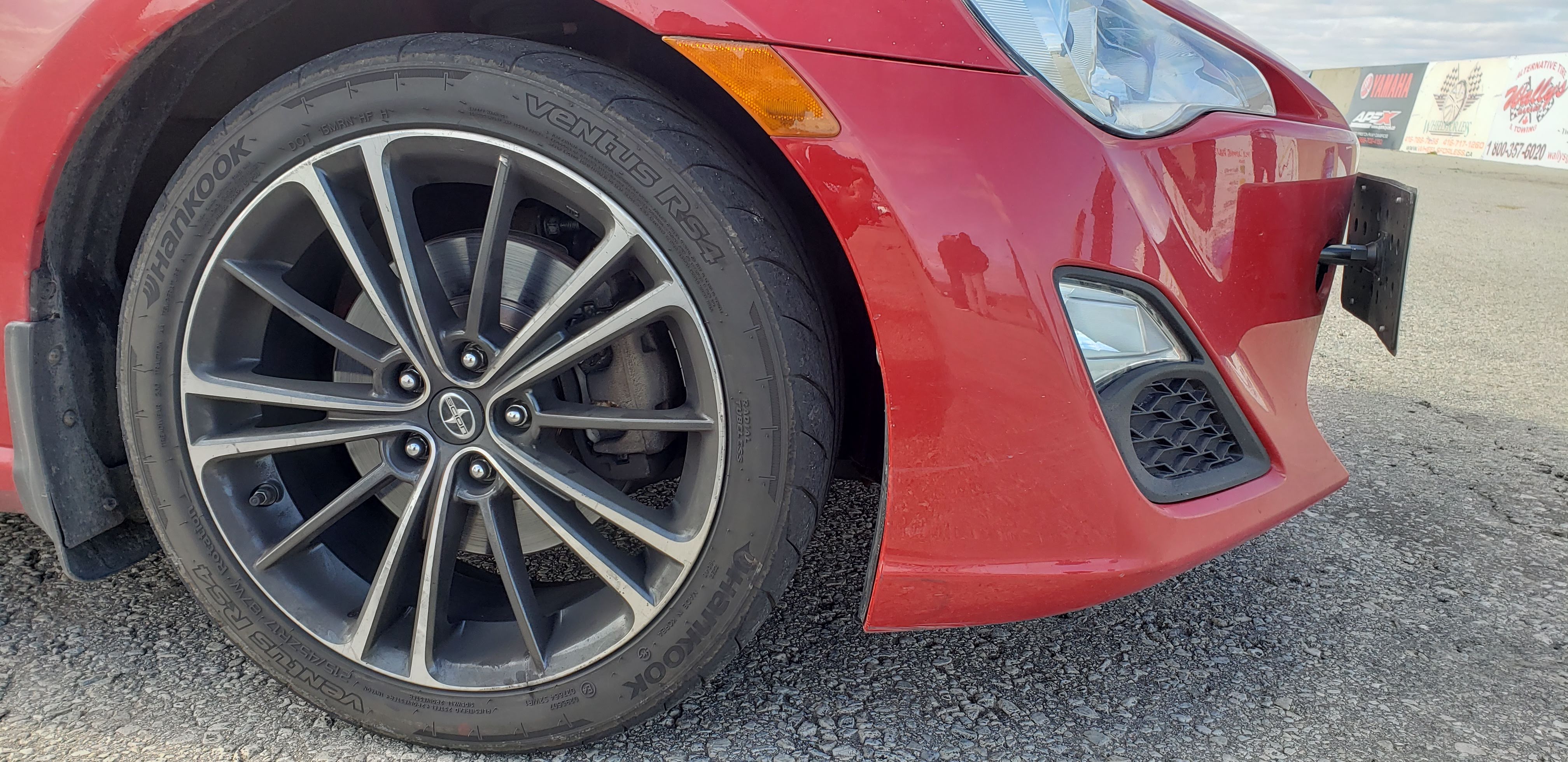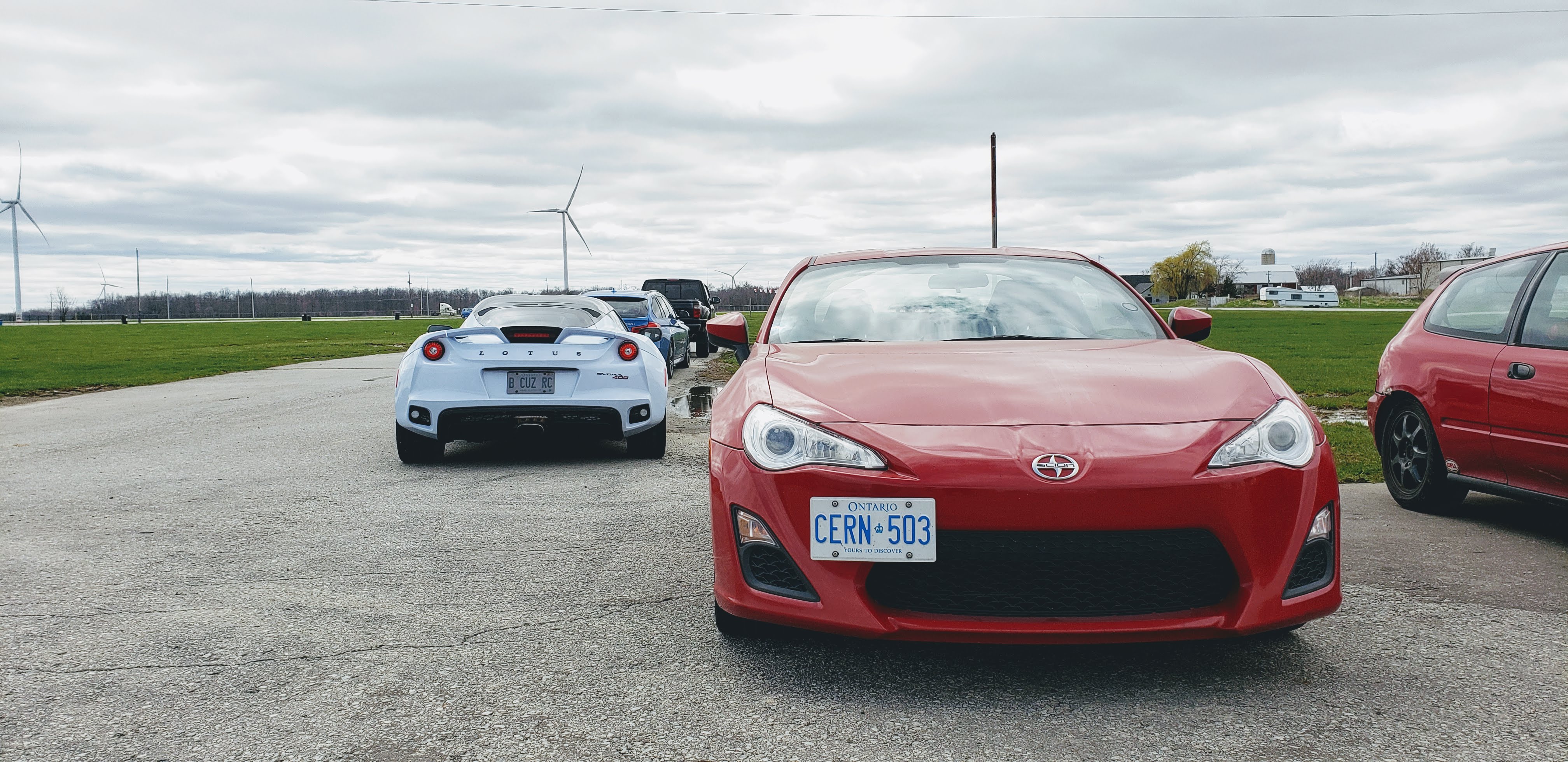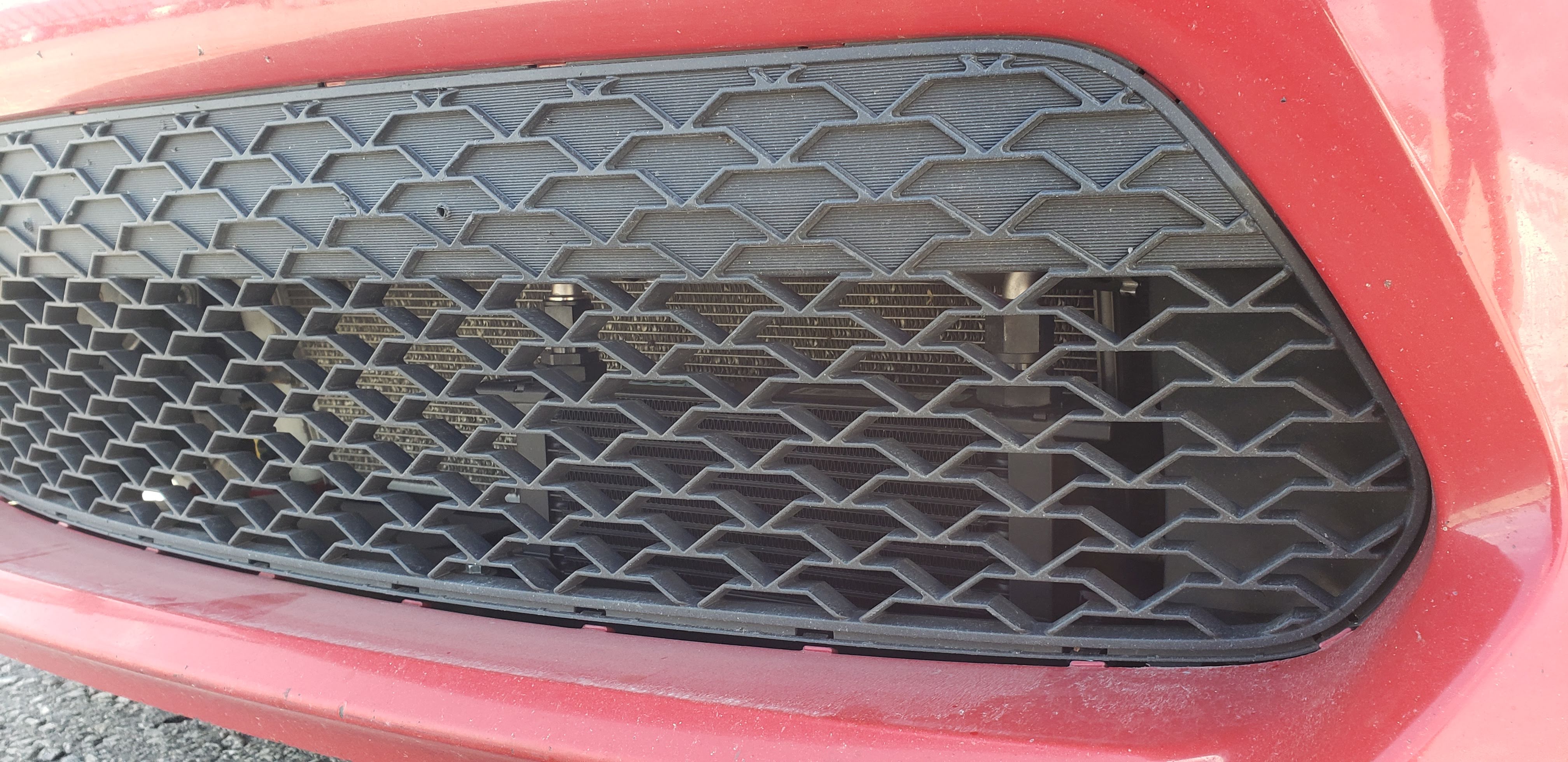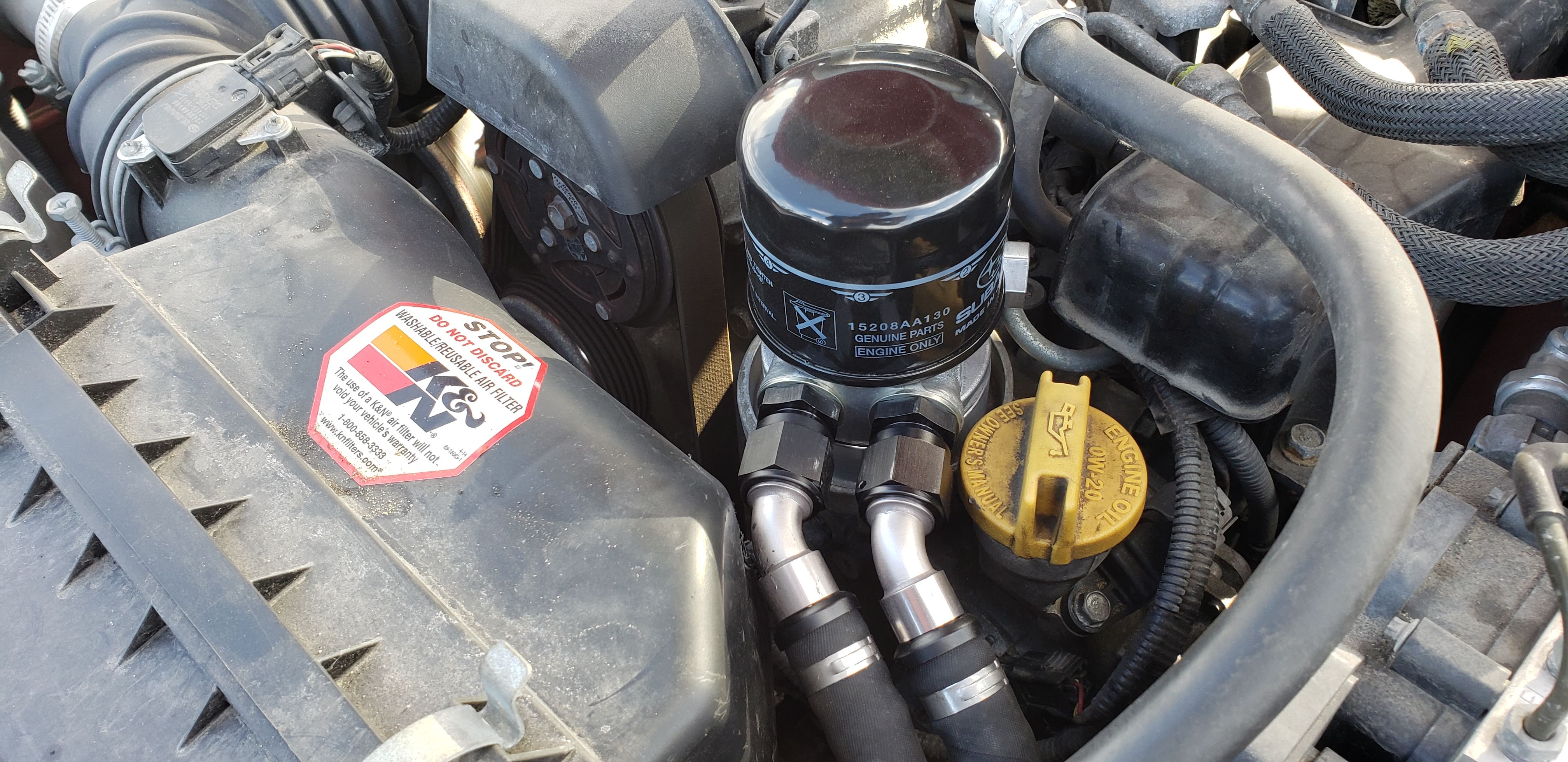It’ll come as a shock to nobody that I don’t spend most of my time driving around and writing articles. I’m a product manager at an ad-tech company, which means most of my headspace is dedicated to figuring out how to get you good people to buy things. Given that experience, let me share a not-so-secret.
When Facebook built the app that brought you to this page, they weren’t trying to build the perfect Facebook app. Why? Two reasons: One, because that would have taken them a decade. Two, it’s impossible to predict what your users are going to want with a high degree of accuracy. Instead; they built a minimum viable product. I.e., the simplest product they could without having people revolt. They launched it quickly, they collected feedback, and they iterated based on that feedback.
That’s the exact opposite of how most of us build cars. It’s really easy to buy a car and throw parts at until you’ve literally run out of factory parts to replace. And I get why; it’s tons of fun to modify cars. But there are benefits to restraining yourself:
- It’ll force you to learn your car stock, and become a faster driver
- Less money spent on mods = more money for track time.
Once you’ve learned your car stock, you’ll actually know what mods it needs based on your driving style.
Brakes & Tires
It’s no secret that while the FRS’s factory Michelin Primacy tires make for slidey-fun, they’re garbage when you’re trying to go fast. I managed to shred them to bits in record time and swapped them out for Hankook RS4s.
Hankook RS3s and RS4s have been my go-to tire for years. They’re cheap, offer amazing life, fantastic grip and never get greasy during prolonged lapping. The RS4 is generally accepted as being slower than Bridgestone RE71Rs, while offering significantly longer life. If you have a busy season coming up, are willing to sacrifice half-a-second in order to avoid buying multiple sets of tires, I’d recommend them.
Note: If you do have Michelin Primacys on your car, don’t throw them out. Drive them down to the wear bars; it’s both hilarious fun, and it’ll teach you plenty about oversteer.
With fresh rubber, I brought the car to a lapping day last October to get a feel for the it and identify any significant problems, and an obvious one reared its head: brakes.

The FRS’s factory brake setup isn’t bad; it’s a 2750lb car wearing 294mm front rotors and twin-piston front calipers. However, five-year-old conventional brake fluid and cheap brake pads meant I managed to both fade my pads and boil my brake fluid in under five laps. That’s both slow, and not fun.
If you’re like me and drive your car like you’re trying to break it, there are generally two solutions to this problem:
- A big-brake kit ($$$)
- Race pads
I installed Carbotech XP8 brake pads along with new rotors and Stoptech STR600 brake fluid. Carbotech XP8s are strictly a race pad, which means they’re embarrassingly loud on the street and produce loads of brake dust. The good news is, they’re virtually impossible to overheat and are relatively inexpensive.
Other good (and potentially cheaper) options include Hawk HP+ and Hawk DTC-30s. Hawk HP+ pads are dirt cheap, but they will fade if you’re driving at full tilt for long sessions. Hawk DTC-30s aren’t quite as bulletproof as the Carbotech’s during long sessions, but I found them quieter on the street.
The next issue to address is cooling. The FRS has no OEM oil cooling solution, and these cars are known for reaching sky-high oil temps on track. Events in my recent past (read: my Miata) have made me paranoid about reliability, so I invested in a Maximal Oil Cooler and a higher-weight oil (Motul 5w30). I haven’t been able to collect any data to support this decision, but the piece-of-mind alone is worth it.
If you’re shopping for an FRS/BRZ/86 oil cooler; most kits are fairly similar. Buy one with a thermostatic sandwich plate and a reputable core and you’ll be good to go. Stay away from margin-bin units and read reviews; a leaky oil cooler can turn into a very expensive problem.
Finally, I installed SPC front camber bolts (the FRS has zero camber adjustment stock), got a solid alignment done, and now it’s time to go racing.
Track-Prep Cost Breakdown
- Brake Pads, Rotors, Fluid = $700
- Hankook RS4s = $700
- Oil Cooler + 4hrs Labour + Motul Oil Change = $1,150.29
- Camber Bolts = $23.17
- Alignment = $125
- Trans/Diff Fluid change = $100.70
- Taxes = $363.89
Total: $3,163.05 CAD


